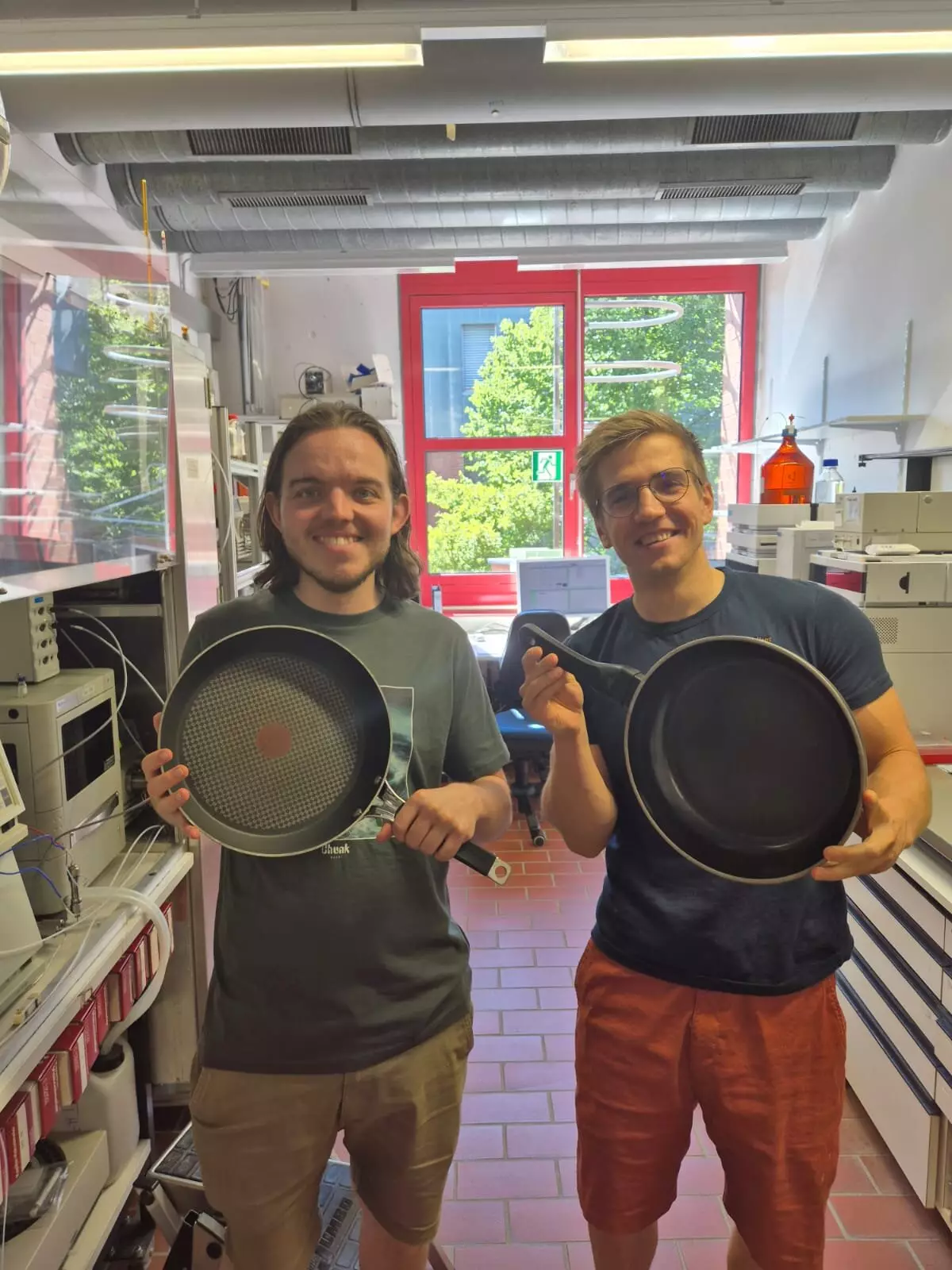In a groundbreaking study, chemists at the University of Bayreuth, in collaboration with their counterparts in Berlin, have unlocked a radical development in the realm of polymer science. They have successfully crafted a new breed of fluorinated polymers that decompose 20 times faster than traditional, non-fluorinated versions. This revolutionary advancement not only combats the notorious buildup of per-and poly-fluoroalkyl substances (PFAS)—commonly labeled as “forever chemicals”—but also lays the groundwork for a more sustainable future for plastic materials. The findings were detailed in the esteemed journal Chemical Communications.
Environmental Implications of Fluorinated Plastics
The ubiquity of fluorinated plastics is undeniable. Found in a variety of products such as rain jackets and non-stick cookware, their desirable properties like water resistance and low friction have made them nearly indispensable. Yet, as their proliferation continues, significant concern has emerged regarding the environmental ramifications. These substances don’t merely vanish; they persist and accumulate within ecosystems, manifesting in alarming places—from the ice of Antarctica to the bloodstream of newborns.
The implications of this pollution cannot be overstated. Animals, including pets, exhibit detectable levels of these hazardous chemicals, breeding worries regarding long-term health impacts on both wildlife and humanity. The need for a diligent approach to handle and mitigate the effects of these “forever chemicals” has never been more pressing.
A Solution with Accelerated Degradation
The recent research indicates a visionary solution: by incorporating ester bonds into the structure of fluorinated polymers, degradation is not just possible but significantly expedited. Traditionally, fluorinated plastics have been slow to decompose, largely due to the very elements—fluorine—responsible for their advantageous traits. However, this innovative design sees fluorine play a dual role, leading to both durability and enhanced biodegradability.
Professor Alex J. Plajer from the Department of Macromolecular Chemistry captures the essence of this breakthrough succinctly, stating, “Fluorine atoms normally slow down degradation, but here it is actually accelerated by the fluorine in the material.” This unexpected paradigm shift could redefine how we approach the production and lifecycle of fluorinated materials.
The Path Forward: Circular Economy for Plastics
The research team envisions a transformative future for fluorinated polymers wherein they can not only be decomposed efficiently but their components can be captured and reused. The recovery of fluorine from these new materials can facilitate its reincorporation into various applications, averting resource depletion. As Fornacon-Wood articulates, future designs of fluorinated polymers must integrate mechanisms for degradation and recycling as fundamental characteristics to promote a sustainable circular economy.
As the movement toward sustainable practices in the plastics industry gathers momentum, this research represents a pivotal stepping stone. With some caution, optimism prevails—this alternative to traditional fluorinated substances holds potential not only for environmental remediation but also for responsible stewardship of a resource that may soon become scarce. The confluence of enhanced functionality and ecological mindfulness may yet define the next chapter in polymer science, heralding an era where even the most pervasive materials can be reimagined.


Leave a Reply